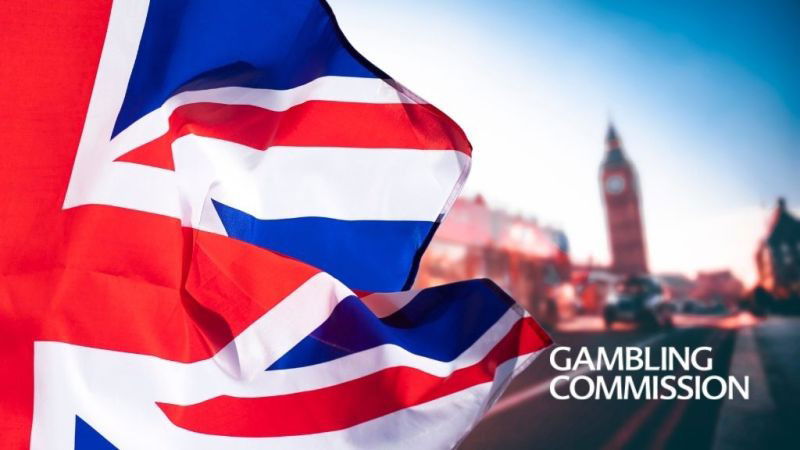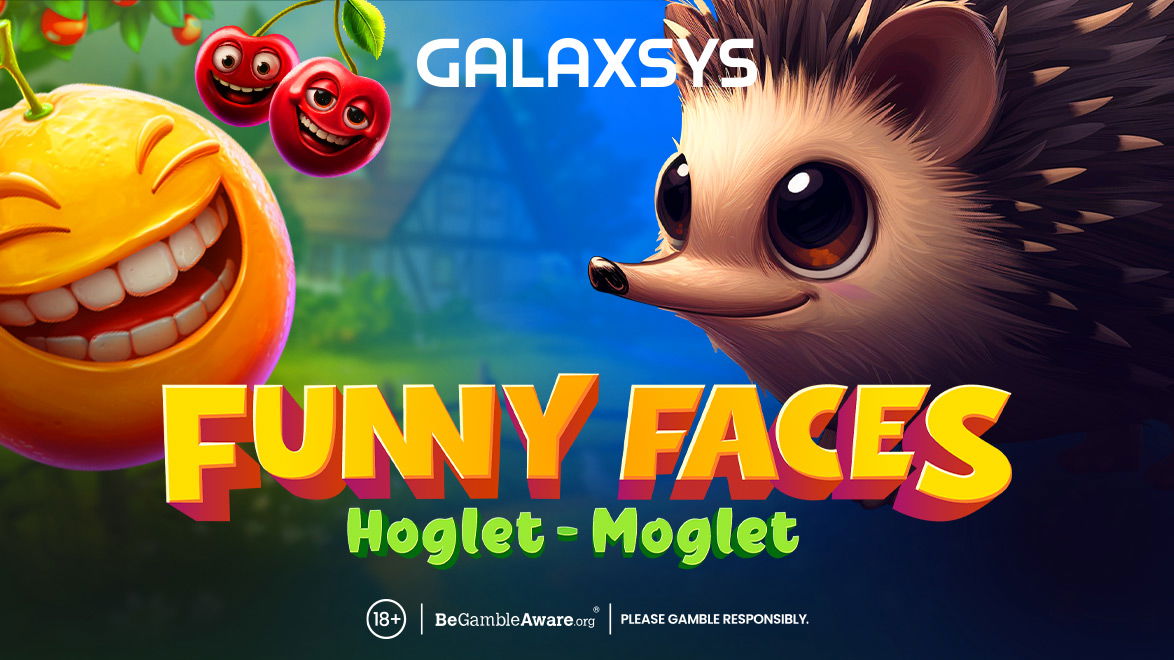UKGC boss at ICE: "Gambling is now a global tech industry, and tackling harm requires an innovative response from regulators"

One of the key highlights of the ICE VOX program, which started on Monday one day before the ICE London commercial expo, was a keynote address by the UK Gambling Commission Chief Executive, Andrew Rhodes, who called for an increased joint work with regulators to address a "more and more" global tech industry of gambling. His speech was delivered at the World Regulatory Briefing (WRB), organized by Clarion Gaming in partnership with the International Masters of Gaming Law (IMGL), and chaired by Marc Ellinger, Principal at Ellinger & Associates.
"There are some universal truths about the industry we regulate, but we also need to be realistic about those truths and not lose sight of what else is happening in this sector," Rhodes said at the beginning of his speech. "There is a whole new frontier of novel products out there now, and I want to talk about these unregulated products also."
He explained that like traditional gambling, "these novel products can and do cause harm," so he sought to provide an update on UKGC's work in tackling gambling harms today. Rhodes said that while gambling remains a leisure product in British law, he identified gambling now as another global tech industry, "like communications or finance," and he noted that tackling harm, crime and fairness in global tech requires an innovative response from regulators.
Though he recognized the UK gambling market having already gone through radical changes before the pandemic struck, with online and remote gambling already bigger than traditional land-based gambling, he said Covid-19 pandemic accelerated the changes.
In terms of market size, Rhodes noted that the "gross yield for the gambling industry equates to taking £450 a second off customers," with the industry "worth some £14bn, roughly the same size as the UK agricultural industry." He continued to say that "nearly half the population gamble in one way or another each month. And that shift to online includes an equally important move to mobile. Gambling can be (and for some people is) with them every waking hour."
Then, Rhodes outlined the challenges the Gambling Commission has been tackling for a number of years, including credit card gambling ban; strengthened protections for High Value Customers or ‘VIPs’; design and improvement of ad-tech uses to protect children, young and vulnerable people; strengthened age and identity verification and mandatory online self-exclusion tool GAMSTOP offering for online operators in Great Britain. Rhodes also anticipated the UKGC will shortly be publishing the next steps following last year’s customer interaction consultation.
But Rhodes emphasized as "more concerning" what is happening beyond the regulated spaces. "In terms of the unregulated space, what I’m talking about are the spate of novel products we now see coming to market, often in the unregulated spaces between established markets. These products often have many of the hallmarks of gambling, but may not meet the definition. Some deliberately stress they are not regulated as gambling."

"Products such as non-fungible tokens (or NFTs), ‘synthetic shares’, crypto currency are becoming increasingly widespread and the boundaries between products which can be defined and regulated as gambling are becoming increasingly blurred. Language has changed in these products, with talk of ‘investment’ and trading, yet with none of the safeguards or standards those terms should bring with them," he said. "With these evolving products, the pattern is different – it sees more and more deposits – sometimes wildly unaffordable levels, with theoretical increases in value and ever-increasing exposure to loss. When the harm occurs it can be instant and catastrophic, with little or no recourse."
Rhodes said there is likely to be increasing integration of these types of products into sports and other areas of lifestyle, as well as the legitimate gambling industry. "We are in the process of changing how we regulate and deal with novel products. Many of these products are not gambling as defined by law, and I am not suggesting we should be regulating them, but I am suggesting we will see this pattern continue and we are likely to see more and more tests of what is and is not gambling, in a way we have not faced before."
Rhodes underlined that gambling's "thirst for innovation is unending, and operator’s drive to compete in what is a very dynamic market leads to new opportunities being sought all the time. For those members of the public who enjoy gambling as a pastime this presents opportunities for them. But we are also determined to make sure that the new risks that come with this innovation don’t lead to further harms."
The UKGC boss addressed the UK Government's imminent publication of its Gambling Act Review White Paper. "We welcome this and we will continue our close working relationship with our sponsoring department, DCMS, as the Review proceeds. But we aren’t waiting for its outcome to make progress. Last week we published our Business Plan for the year ahead. We are determined to continue to raise our game to meet the challenges of regulating a global tech industry."
Rhodes said the UK regulator will increase the effective use of data by the UKGC and the gambling industry to provide the information and insight necessary to meet these regulatory goals. This will be realized via a ‘Single Customer View’. "The goal is to make use of operator data to better protect consumers from harm, whilst protecting their personal data. The principles behind this are very simple. We know the average consumer who gambles has multiple accounts. For those at risk of harm, they will often have many accounts with many operators. Today, it is possible for someone who is experiencing gambling harm and gambling out of control with one operator, to simply move on to another operator as soon as there is an intervention that stops or inhibits their gambling. This can continue an almost infinite number of times, despite potentially every operator doing the ‘right thing’. What we are hoping will be possible through the Single Customer View is a position where those who are being flagged as being in distress can be intercepted at a much earlier stage as operators are able to safely alert each other."
Rhodes said the regulatory body is also improving how its measures participation in gambling and the prevalence of gambling harms, trialling a new methodology. "We will be publishing the results of that trial in the coming months and if successful will look to build the new methodology into a new gold standard set of official statistics going forwards from next year."
Furthermore, he sees "a focus on collaboration amongst gambling regulators across the globe, as the essential next step in tackling the challenges we all face. The gambling industry has been consolidating for some time. In Great Britain, we are seeing an increasing number of mergers and acquisitions and ever more complex ownership structures. We are not only regulating global tech companies, but often multinationals with huge resources and complex interests and drivers. Across markets, across jurisdictions, across cultures, collaboration will need to be a key tool in our work to make gambling fairer and safer for consumers worldwide. And we as regulators now need to grasp those opportunities to work together in a more joined up way. Let’s do more to share practices, share understandings and share outcomes of our work."
"Many of the operators we deal with in Great Britain will be the same as those dealt with in other jurisdictions. Things that are not being done well here, are likely to be issues in other countries too, when you consider these are multinationals. I hope that we can get to a point of joint investigations and joint action and move beyond some of the good things we already do," Rhodes continued. "Gambling is a very politically, commercially and socially contested space though. I am struck by how much misinformation there can be, how statistics are sometimes misused or misinterpreted in order to support an argument. Allegations are far more commonplace, and the seeds of mistrust are sown so easily on all sides. Of course, none of this is new in life, but as this industry continues to evolve rapidly and we see the continuing pattern of the gamblification of entertainment, having trusted, impartial and reliable voices will become ever more important, but harder to achieve."
"Gambling is a fast moving, dynamic industry. It is more and more a global tech industry. And it has many hangers-on, trying to make a quick buck in the unregulated spaces nearby. The potential for innovation has never been so great. But neither has the potential for risk or harm. But we can make gambling fairer, safer and crime free. The progress we’ve made during a global pandemic is proof of that. So let’s push each other forward. Let’s share more of what works with each other and let’s help each other guard against new risks. The Gambling Commission will keep striving for fairer and safer gambling. We look forward to working with you all to achieve just that," Rhodes concluded.














































